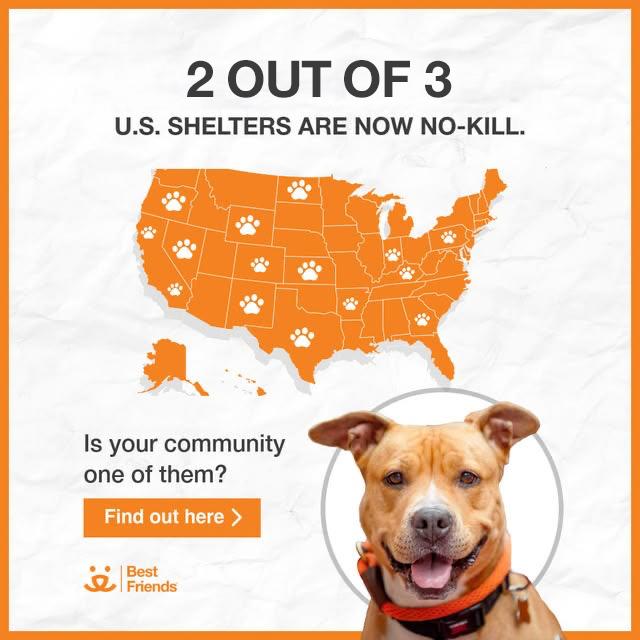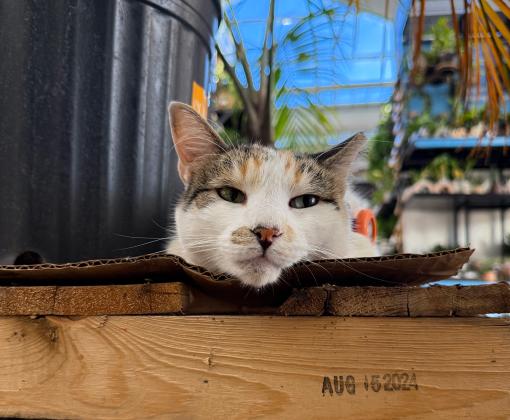
How Much Does a Dog Cost to Acquire and Care For?
In the excitement that comes with the decision to bring a new dog home, people sometimes forget to consider whether they can afford one. Part of being a responsible and loving dog person is making sure you have the money to keep your pet happy and healthy. Wondering how much does a dog cost? Here are some factors to consider.
The cost of adopting vs. buying a dog
When you’re thinking about getting a dog, one of the first decisions to make is whether to adopt or buy. Adoption is the right thing to do. You’ll not only save a life, but you’ll also be saving money because adoption is much cheaper than buying a dog from a breeder or pet store.
Adoption fees can range from nothing at all to a couple hundred dollars, depending on the facility you’re adopting from and where you live. In addition, throughout the year many animal rescue organizations have promotions during which adoption fees are lowered considerably.
By contrast, buying a dog from a breeder or pet store (or online) can cost many hundreds or thousands of dollars. Plus, most dogs purchased from pet stores are from puppy mills, commercial breeding facilities that cut corners when it comes to the health and welfare of the breeding dogs and the puppies they produce. The result is that puppies bred in mills often have health problems, and the people who purchase them end up with unexpected veterinary costs. If you have your heart set on a dog of a specific breed, rather than buying one check out breed rescue groups and adopt instead.

See how your community is doing
Dog spay/neuter costs
If the dog isn’t spayed or neutered, you’ll probably spend $45 to $135 for neuter surgery or $50 to $175 for spay surgery at a low-cost clinic. Animal hospitals and veterinary clinics can charge $200 to $300. Many shelters and rescue groups have their pets spayed or neutered before they adopt them out, so that’s another way that adopting is cheaper than buying. Plus, spay/neuter can help reduce certain behavioral and medical issues in dogs, saving you money in training and veterinary costs down the road.
Cost of pet supplies
You’ll also need supplies: a dog collar and leash, toys, a dog bed, maybe a doghouse or crate, food and water bowls, grooming tools, dog food, and treats. These items can range widely in cost depending on factors including the brand, quality, size of the dog, and more. You'll also want to add in the cost of common pet health supplies, such as heartworm prevention and flea/tick control at around $150 to $200 or more per year.
Veterinary expenses
Your dog will need an annual checkup and vaccinations, which can cost $175 to $200 for a puppy and $50 to $100 for an adult dog. The reason for the increased cost for puppies is that they need a series of vaccinations. For more details on what people are paying for things like spay/neuter surgery, teeth cleaning, and vaccinations, go to costhelper.com.
In addition, almost every dog at some point needs veterinary care that goes beyond these routine costs. A simple ear infection might only cost a couple hundred dollars in vet fees and medications, while surgeries can cost several thousand dollars or more.
Boarding, grooming, and other expenses
Depending on your lifestyle and the type of dog you get, you might also need to factor in other costs, such as paying for doggy day care, grooming, training, dog walking, boarding, or pet-sitting. The costs involved in all of these services vary according to what part of the country you live in and whether you live in a big city, a town, or a rural area. So it's best to get some cost estimates locally, as well as recommendations from friends, your vet, or your local shelter.
